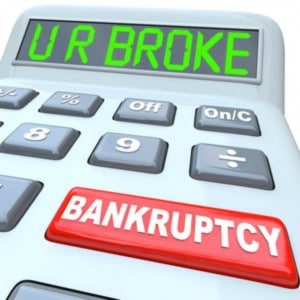 There has been quite a bit of buzz recently about Canada’s high income earners, affectionately referred to as the “1% or 1 percenters”. According to a National House Survey in 2011, to be considered in such illustrious company you have to earn a minimum of $191,100. However, the average income among the top 1% was $381,300 while the average Canadian earns $38,700. The typical member of the 1% club is male, married or living common-law, between the ages of 45 and 64 and lives in Toronto, Montreal, Calgary or Vancouver.
There has been quite a bit of buzz recently about Canada’s high income earners, affectionately referred to as the “1% or 1 percenters”. According to a National House Survey in 2011, to be considered in such illustrious company you have to earn a minimum of $191,100. However, the average income among the top 1% was $381,300 while the average Canadian earns $38,700. The typical member of the 1% club is male, married or living common-law, between the ages of 45 and 64 and lives in Toronto, Montreal, Calgary or Vancouver.
Earning $191,100+ may sound rich to the average Canadian but they would probably be shocked to know that many 1 percenters have ZERO savings or investments and are living paycheque to paycheque. Many are living lifestyles far beyond their means with sky-high mortgages, luxury vehicles, wining, dining, exotic travel, personal grooming, household staff… They are candidates for Canadian bankruptcy. There is no correlation between money earned and money saved. Living a high flying lifestyle can be intoxicating and very difficult to give up. Sadly, those seeking luxury are younger than ever. American Express Cardmember and merchant data reports that Canada’s Generation Y (born from 1983 onwards) as the biggest spenders on fine dining, luxury and travel. Living on a financial high wire is risky business. It equates to flirting with disaster. These 1 percenters are no different from the celebrities who blow through millions in earnings per year and declare bankruptcy. Few are super rich enough to become immune from insolvency and bankruptcy.
In fact it doesn’t take much for some 1 percenters to become insolvent or bankrupt – a downturn in the market, an illness, job loss, bad investment… If you’re walking a financial high wire, it’s time to come down to safety. Contact Ira Smith Trustee & Receiver Inc. We’ll evaluate your situation and come up with a realistic financial plan so that Starting Over, Starting Now you can live a happy, productive life without the fear of falling off a financial high wire.






